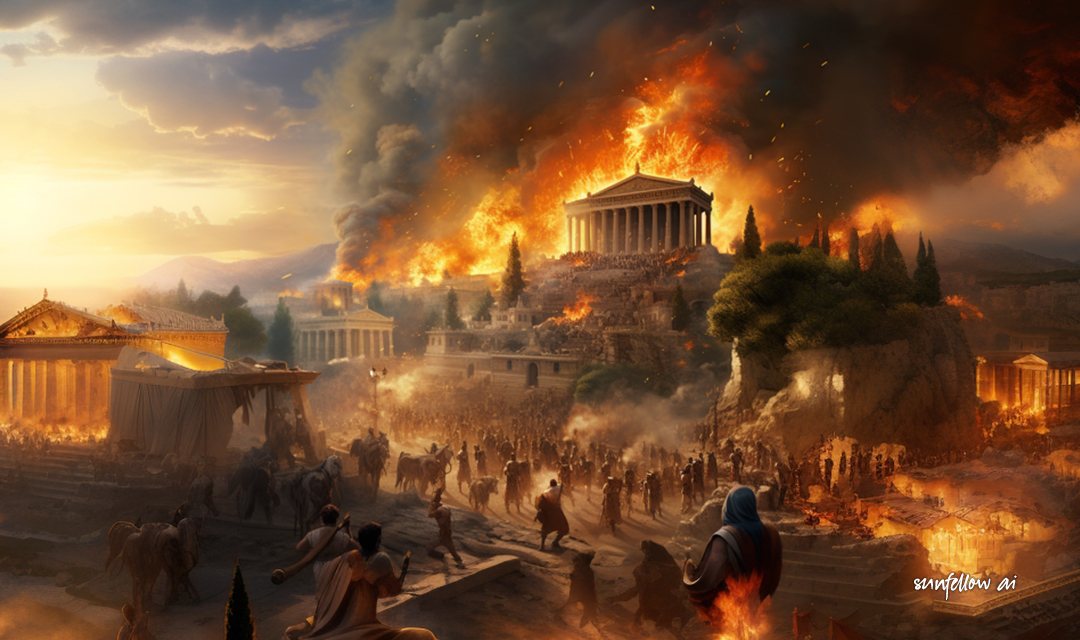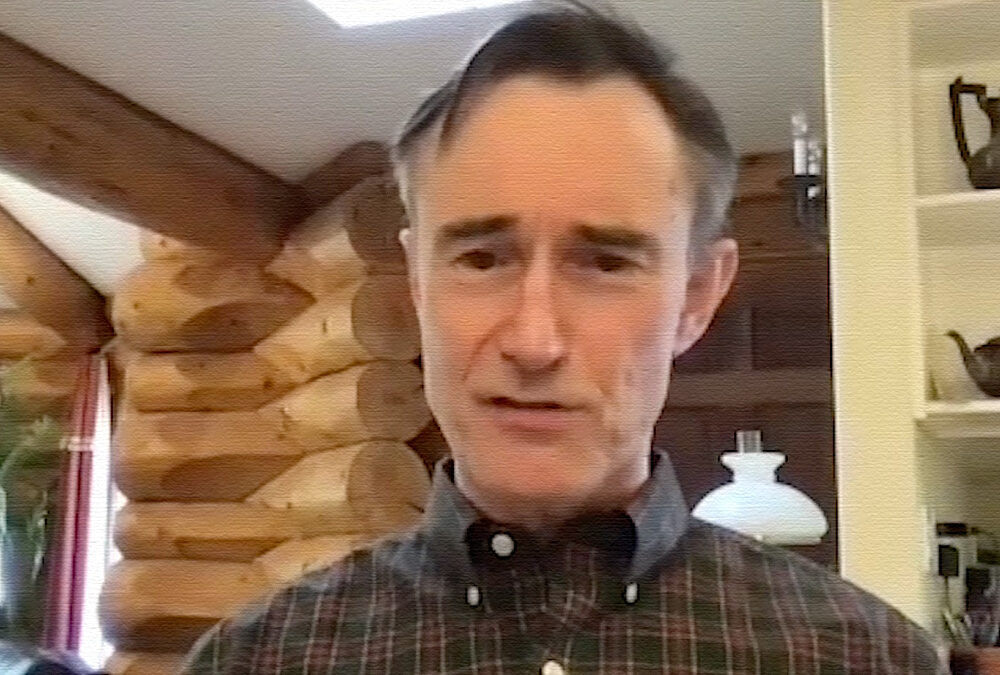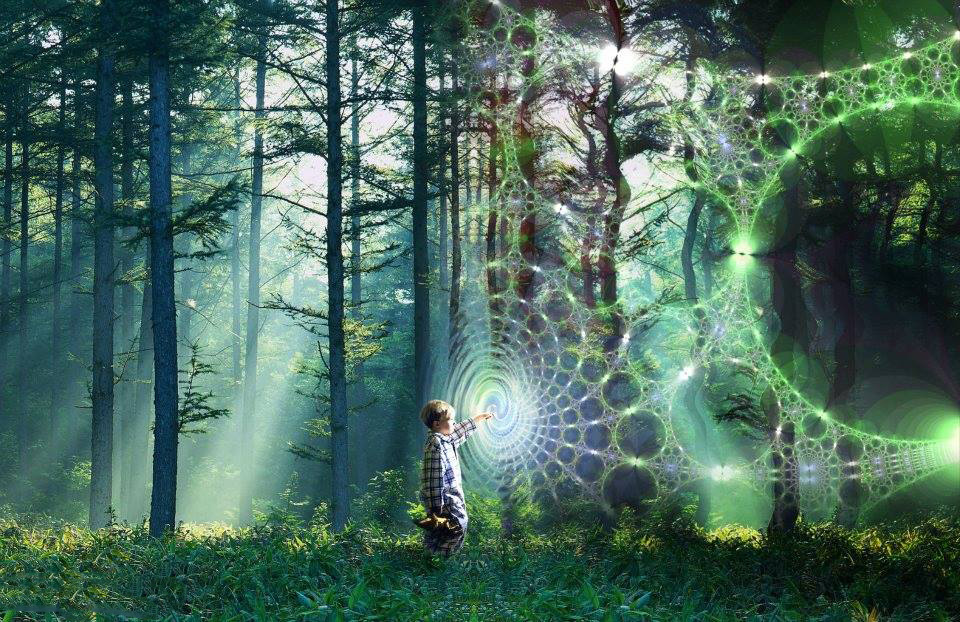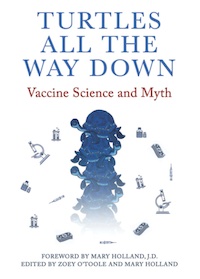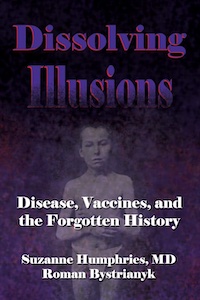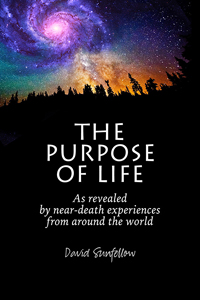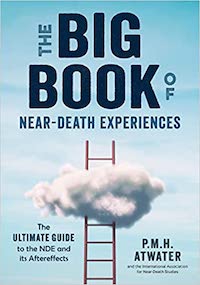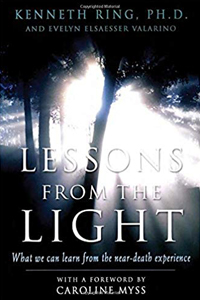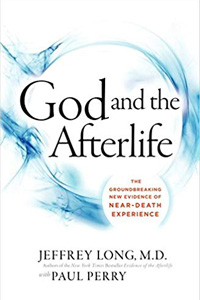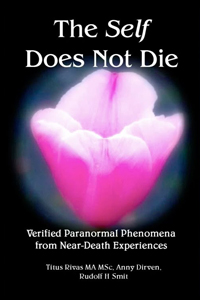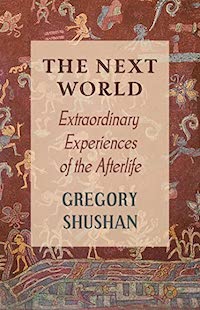
by David Sunfellow | Feb 17, 2025
Luke Kemp writes:
Collapse can be defined as a rapid and enduring loss of population, identity and socio-economic complexity. Public services crumble and disorder ensues as government loses control of its monopoly on violence. Virtually all past civilisations have faced this fate. Some recovered or transformed, such as the Chinese and Egyptian. Other collapses were permanent, as was the case of Easter Island. Sometimes the cities at the epicentre of collapse are revived, as was the case with Rome. In other cases, such as the Mayan ruins, they are left abandoned as a mausoleum for future tourists. What can this tell us about the future of global modern civilisation?

by David Sunfellow | Feb 12, 2025
Dr. Charles Hoffe works as a family physician at Lytton Medical Clinic in British Columbia, where 70% of his patients are Indigenous Canadians from the First Nations tribe. He is no longer allowed to work in the ER department of St. Bartholomew’s Health Centre due to his views on the COVID injection.

by David Sunfellow | Sep 24, 2022
A page full of resources on the history, power and usage of Vitamin C.

by David Sunfellow | May 31, 2021
“In our era, the past is vanishing like smoke. The ancestors and gods and spirits who speak through dreams were once welcomed into the circle of community; were among its essential members. But who now will listen to them? The cultures that honored them are dying, their very languages becoming extinct. The thread of received wisdom that has sustained us is stretched thin to breaking. Shorn of memory, we no longer recognize as part of life’s fabric those who have come before us. The voices of the myriad beings, visible and invisible, who surround us grow faint, though they are still talking in our sleep . . . Our dreams are a continuum, revealing, if we care to look, that we do not exist alone, but in a skein of relationship with all that has been, all that is, and all that shall be.”

by David Sunfellow | Feb 8, 2020
European settlers killed 56 million indigenous people over about 100 years in South, Central and North America, causing large swaths of farmland to be abandoned and reforested. The increase in trees and vegetation across an area the size of France resulted in a massive decrease in carbon dioxide (CO2) in the atmosphere. Before this study, some scientists had argued the temperature change in the 1600s, called the Little Ice Age, was caused only by natural forces. But by combining archaeological evidence, historical data and analysis of carbon found in Antarctic ice, the UCL researchers showed how the reforestation — directly caused by the Europeans’ arrival — was a key component of the global chill. The depopulation of the Americas may have inadvertently allowed the Europeans to dominate the world. It also allowed for the Industrial Revolution and for Europeans to continue that domination…
